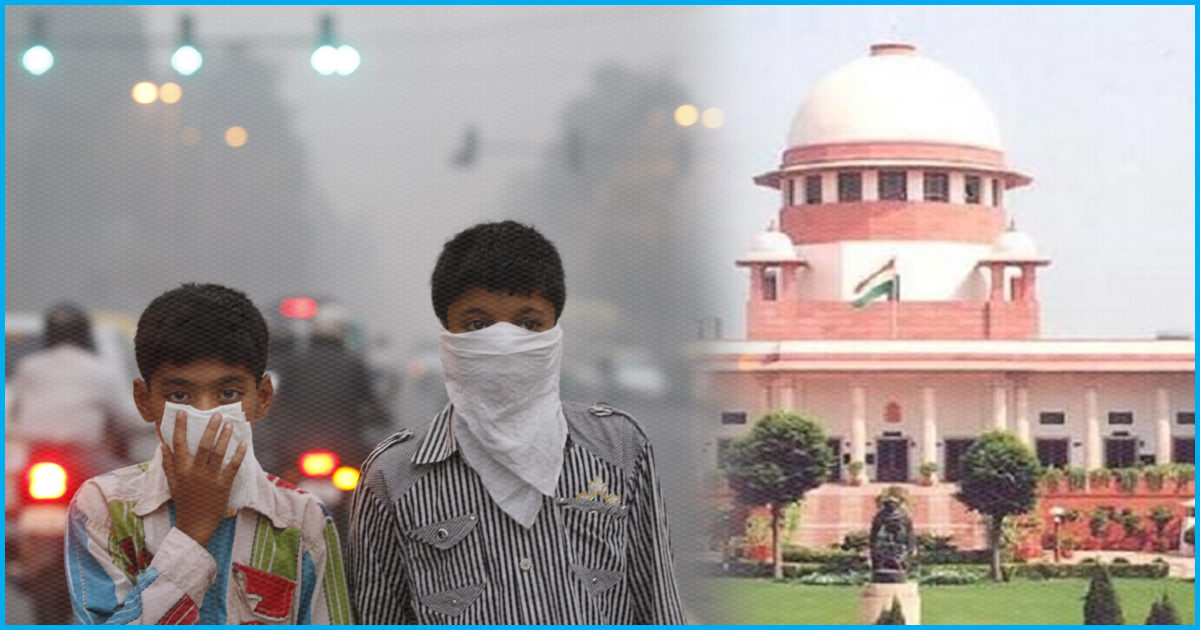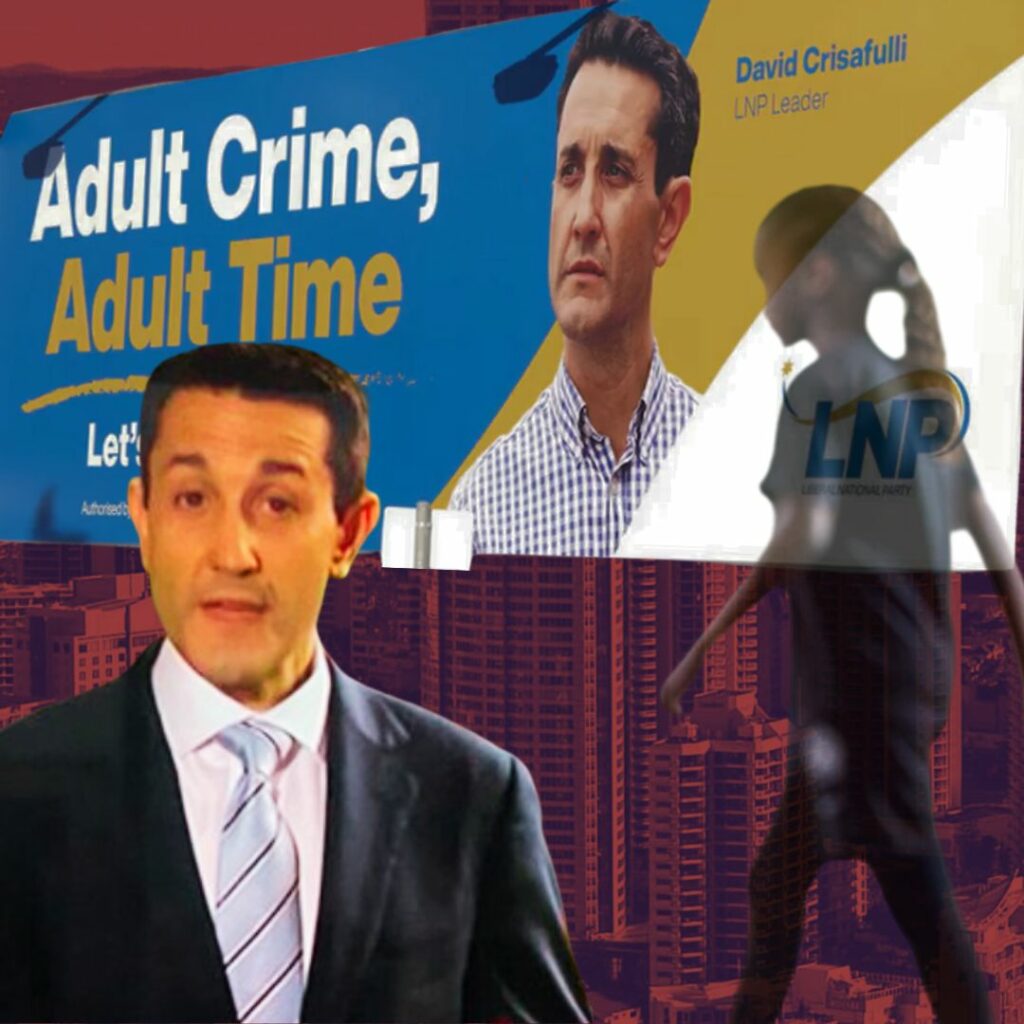As air quality in the Delhi-NCR region continues to tread in the ‘very poor’ category, the Supreme Court of India on Monday, November 26, asked the Central Pollution Control Board (CPCB) to initiate prosecution of government officials for not acting on 249 complaints pertaining to pollution in the capital city.
What did the Supreme Court bench say?
Reportedly, a bench of Justices Madan B Lokur and Deepak Gupta admonished the civic agencies for their inaction in addressing the complaints. According to Live Law, the bench told Additional Solicitor General ANS Nadkarni who was appearing on behalf on CPCB, “Why do not you prosecute these officials? You should prosecute them. Let these people realise what they have done.”
Nadkarni informed the bench that from November 1 to 22 of 2018, the CPCB had received a total of 749 air pollution complaints on their social media accounts and actions were taken on around 500 of these complaints by 52 teams. He said that the CPCB would look into the apex court’s suggestion of prosecuting the civic authorities. Reportedly, 205 of the 749 complaints were lodged on CPCB’s website or via emails, while 479 complaints were received on Twitter and 65 complaints on Facebook.
Earlier on November 1, the CPCB had informed the top court that citizens could lodge their complaints about air pollution in the Delhi-National Capital Region (NCR) on their social media accounts like Twitter and Facebook. Reportedly, the CPCB said that the remaining 249 complaints have been assigned to nodal agencies and are getting resolved in the due course of time. In addition to the setting up of the social media accounts on October 29, the CPCB said that it has set up a separate cell for management of citizen’s complaints on various social media platforms like Facebook and Twitter since November 5.
What does the CPCB have to say?
An affidavit filed in the court revealed that according to an analysis of the kinds of complaints during the clean air campaign, the highest number of complaints was related to pollution arising due to construction and demolition followed by burning of waste and road dust.
It further said that on October 31, an email was sent to the separate nodal agencies to create their own social media accounts. This would help them to address complaints that were to be received by the CPCB. The central agency had reportedly, in November also conducted four review meetings with representatives of different nodal agencies.
On November 24, a total of 18 nodal agencies like the Haryana State Pollution Control Board, National Highway Authority of India, Delhi Traffic Police, Delhi Transport Department among others had provided their social media account details with the CPCB.
Moreover, in order to prioritise action on complaints which have been received through social media, the board has reportedly started attending complaints by sending their field teams to pollution-hit locations across the national capital. Show cause notices were reportedly issued to nodal agencies which indicated the intent to start a criminal prosecution under section 15 of the Environment (Protection) Act, 1986.










